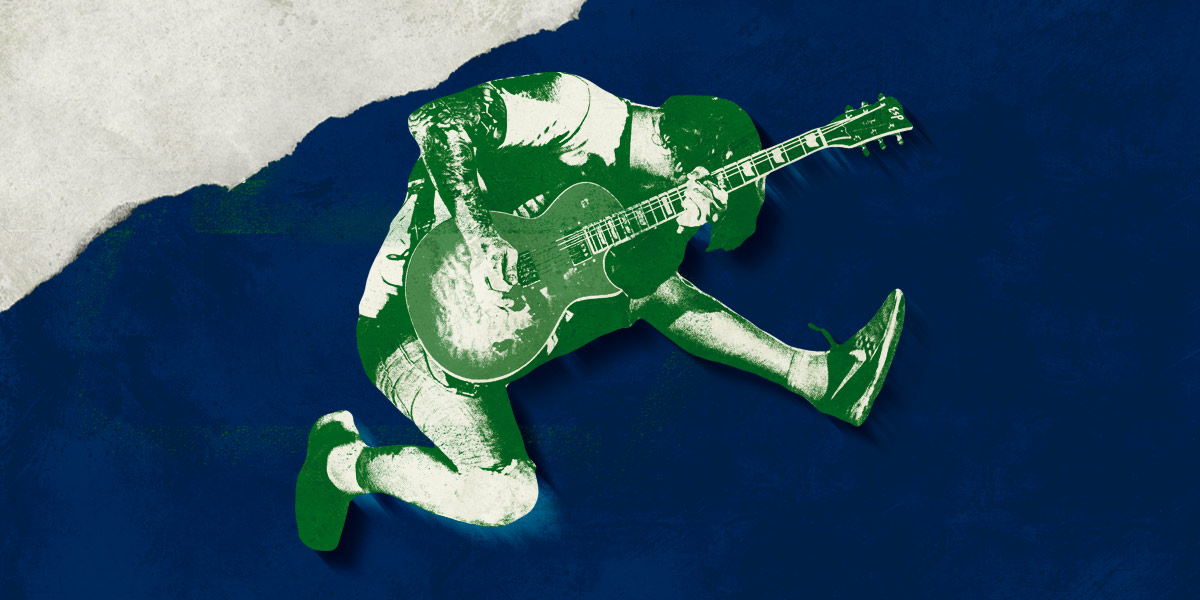
FPC Live Presents
Rock N Roll High School: A Tribute To All Things Punk!
tributes to The Ramones (The Gubers), Fall Out Boy (The Up & Up), Paramore (Pink Halo), AFI (Help Desk & Granny Shot), and Sublime ft. Gwen Stefani (T.U.G.G. with Kayla Kush)
